Member Directory,
1847 - 1922
Frederick J. E. Woodbridge
Professor of Philosophy
Centurion, 1903–1940
E. Winchester Donald and John B. Pine
Windsor, Ontario, Canada
New York (Manhattan), New York
Age thirty-six
Amherst, Massachusetts
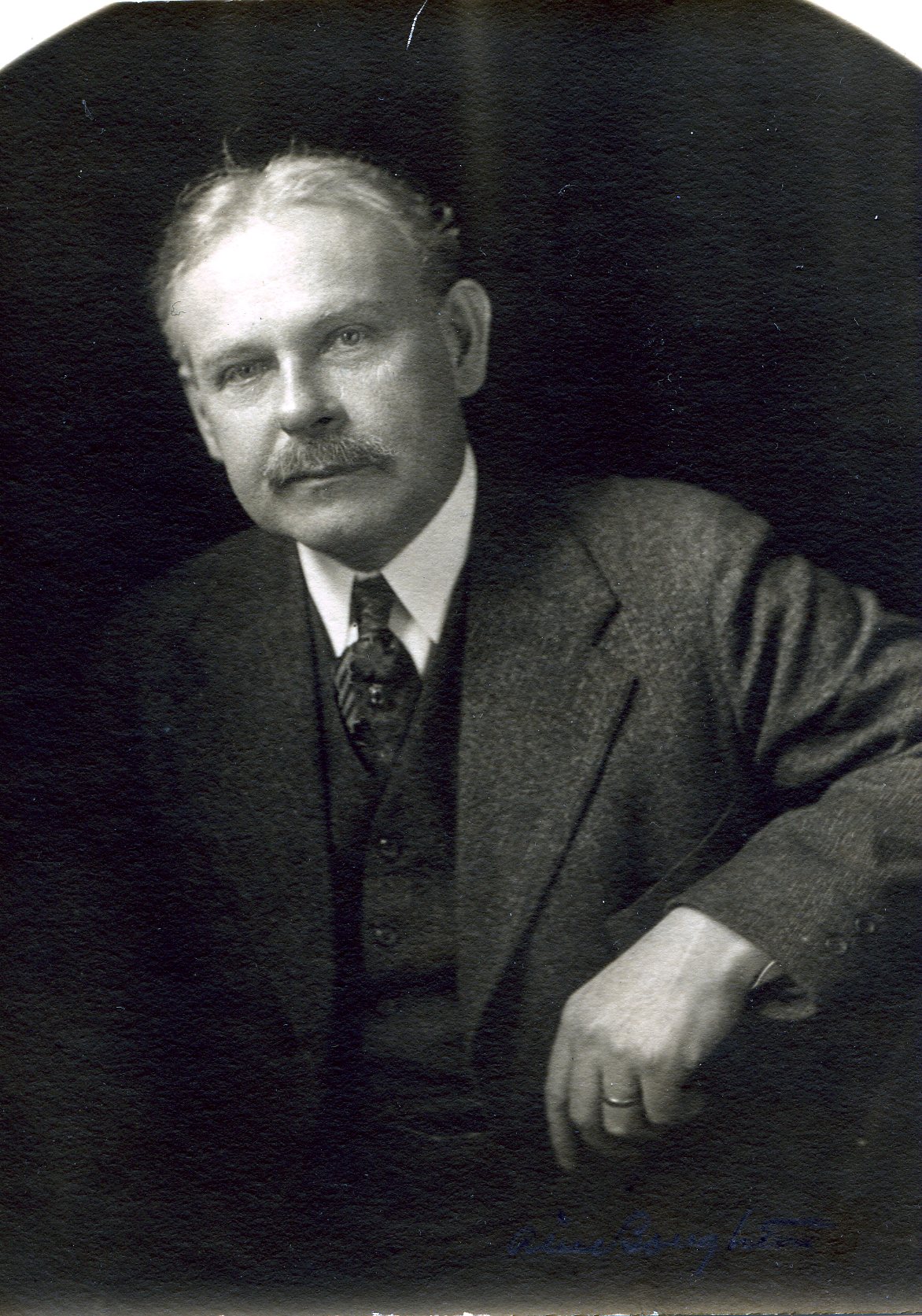
Century Memorial
“I have been and am interested in the problems of philosophy as excursions of the human mind. The history of ideas is one of the most absorbing and fascinating subjects in which I have ever been engaged. Of all the great philosophers, Leibniz is the only one I could willingly eliminate. Here I confess to a prejudice. I know its origin. When I heard Ebbinghaus lecture on Leibniz in Berlin, he remarked: ‘Leibniz went about introducing himself to prominent people as a promising young man.’ That remark stuck. I always see Leibniz that way first and consequently come at his ideas with amusement. . . .” So wrote Frederick J. E. Woodbridge, in his “Confessions.”
It is hardly the kind of statement one would expect from a scholar who was Professor of Philosophy at the University of Minnesota at the age of twenty-eight; Professor of Philosophy at Columbia University for thirty-eight years; Dean of the Faculties of Political Science, Philosophy and Pure Science of Columbia University for seventeen years; Roosevelt Professor in Berlin; Editor of the Journal of Philosophy, Doctor of Amherst College, the University of Colorado, Queen’s University, Columbia University, Dartmouth College, the University of Pennsylvania and the University of Berlin. But it nevertheless is a true and fair confession.
For while he was absorbed and fascinated by ideas, always stood for the intellectual life, pursued intelligibility with a joyful enthusiasm, never flagged in his promotion of the life of reason as against the life of instinct and emotion, Dean Woodbridge was always human. He chuckled a deep chuckle, he laughed heartily and often, he had a large fund of good stories, he loved deeply and hated well—and he confessed to his hates and prejudices with great good humor, and remained prejudiced!
A student and colleague has written of him: “. . . He could speak with the voice of philosophy because he was a man, because he felt and loved as a man. I remember a long discussion of the theory of values. Finally Dean Woodbridge could contain himself no longer. ‘Some things are just naturally good,’ he interposed. Challenged to give examples, he replied: ‘Why, health is a natural good. And so is whiskey. Anybody knows how good whiskey is.’”
One would like to know specifically what followed. But whatever may have followed in this case, the general memory of his discussions is clear: “. . . some burst of candid avowal, some unexpected and felicitous gloss on a text, some quiet, poetic insight or revelation of a neglected piece of needed worldly wisdom. From others one learned philosophy; from Professor Woodbridge, what it meant—and what it took to be a philosopher.” So a student and colleague who is a Centurion has recorded it and he adds: “. . . The discussion would start with a fact, with a sentence, with a word. And, though a budget might have to wait, the conversation would spread and glow. It would pass from facts to—as Professor Woodbridge liked to put it—the consequences of facts. For, as he also liked to say, facts had consequences. There would be interruptions and asides, like those Socrates says a philosopher may allow himself, shrewd estimates of men and events. But always the emphasis would be on what facts meant, everything would be translated into intelligibility, and the intelligibility would have gleams of humor, poetry, and human compassion.”
This is an impressive statement and “the Dean” would have liked it. But he would want it to be added that the students at Amherst College remember him best—and probably will remember him longest—for the song he wrote as an undergraduate, “Paige’s Horse.” And his children would insist that his innumerable rhymes written for them are at least as important as anything else in the record.
Geoffrey Parsons
1940 Century Memorials
Related Members
Member Directory Home-
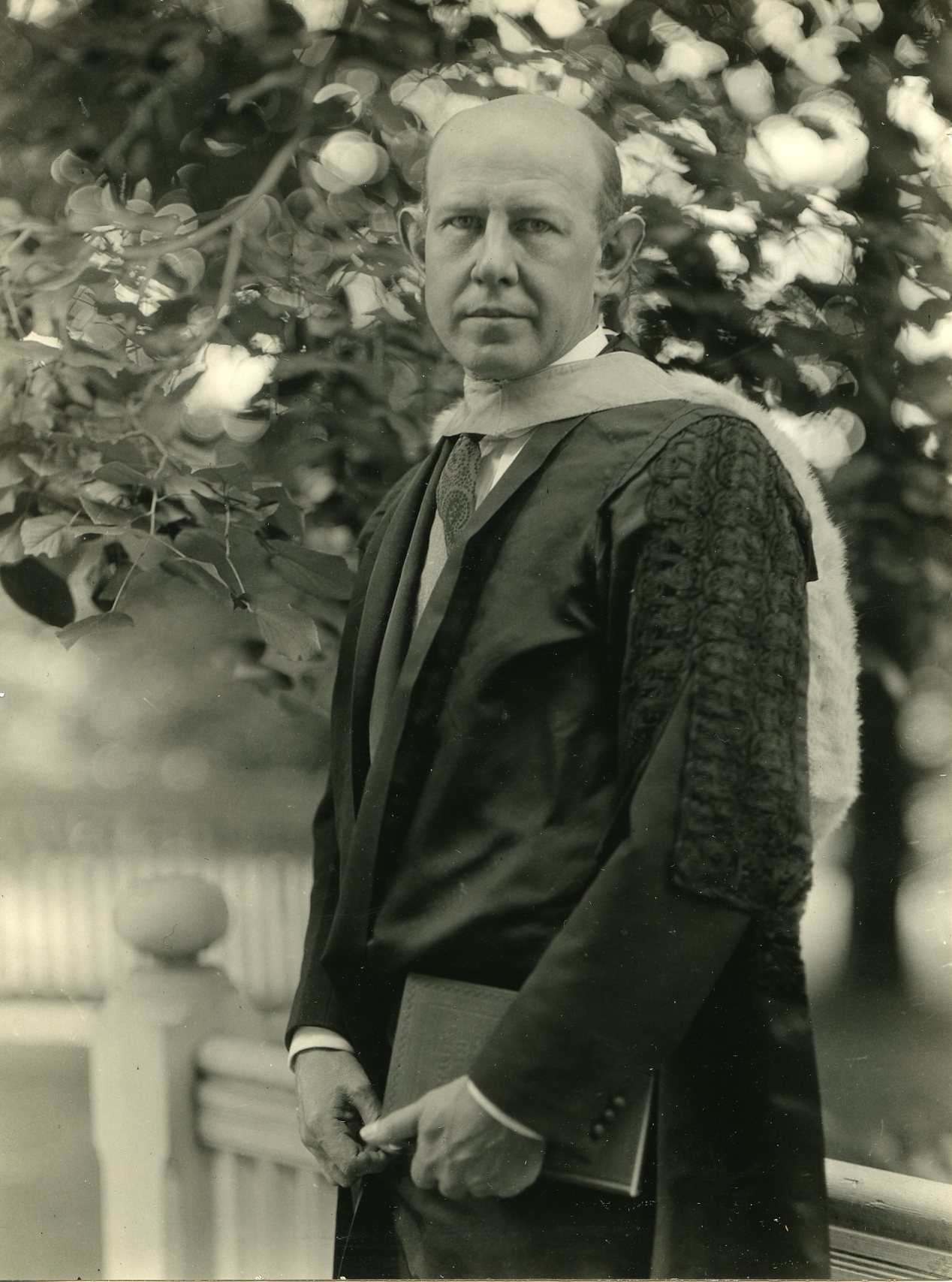 Frank AydelotteProfessorCenturion, 1922–1956
Frank AydelotteProfessorCenturion, 1922–1956 -
 Wendell T. BushLecturer in PhilosophyCenturion, 1910–1941
Wendell T. BushLecturer in PhilosophyCenturion, 1910–1941 -
 E. Winchester DonaldClergymanCenturion, 1886–1904
E. Winchester DonaldClergymanCenturion, 1886–1904 -
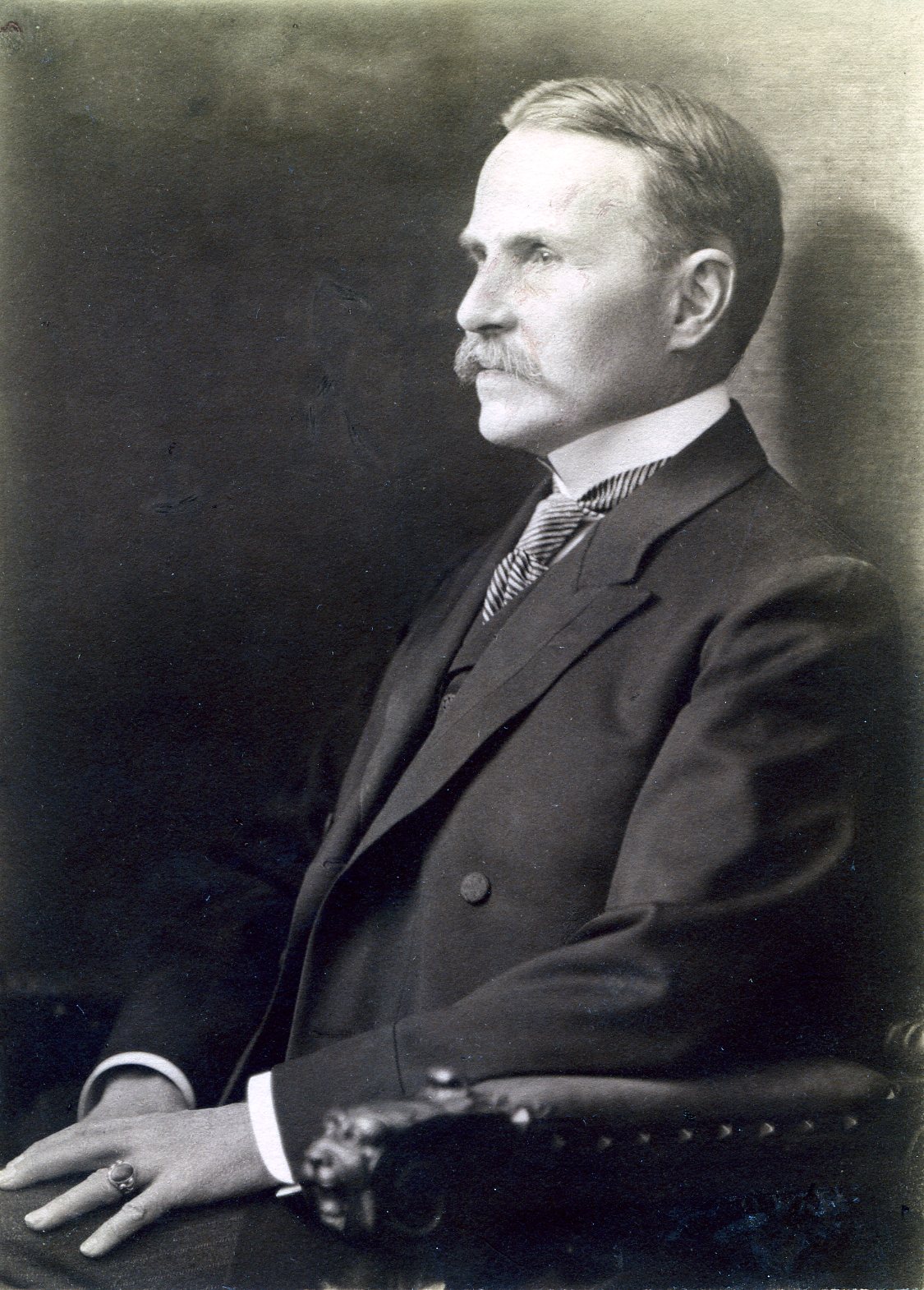 George Stuart FullertonProfessor of PhilosophyCenturion, 1911–1924
George Stuart FullertonProfessor of PhilosophyCenturion, 1911–1924 -
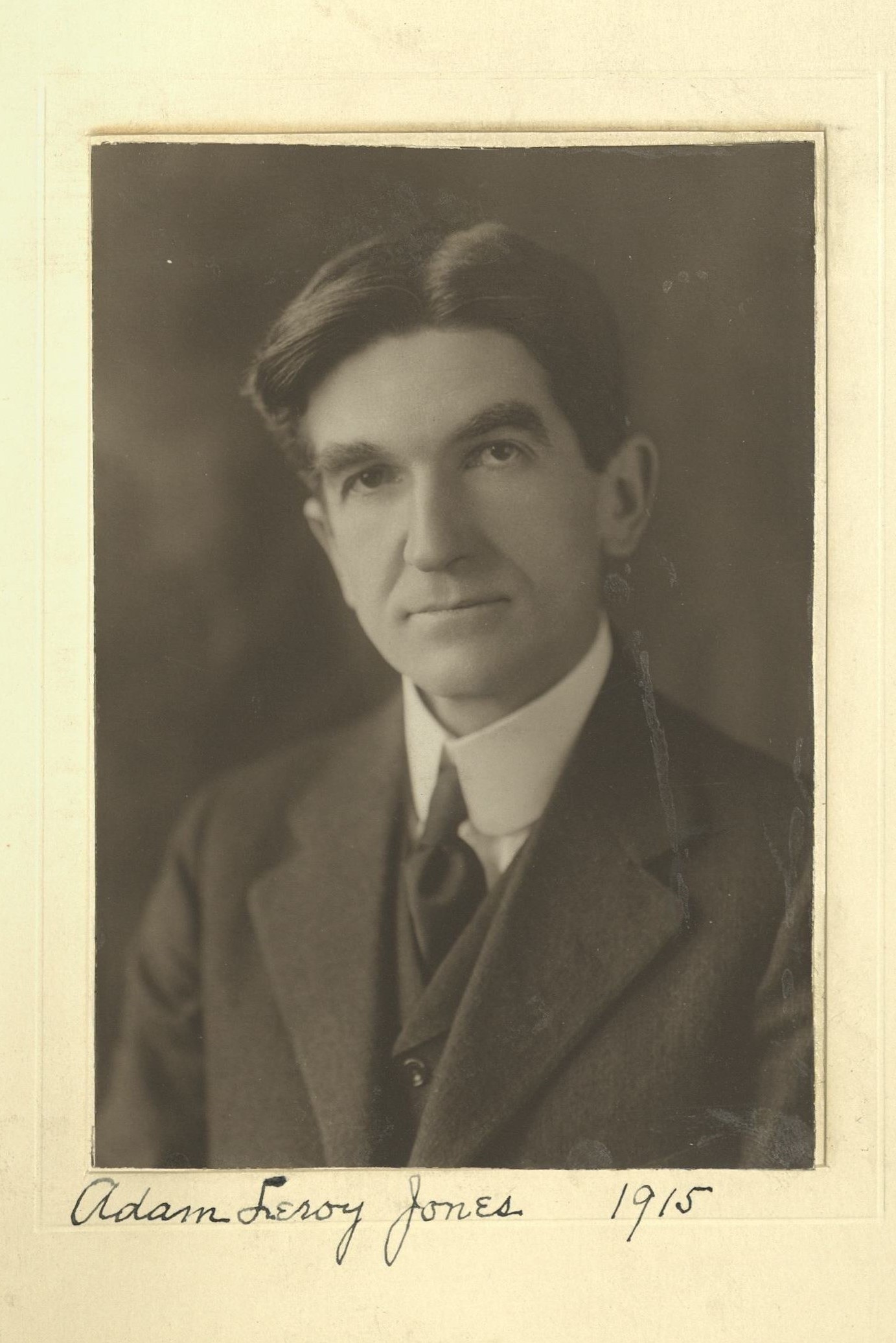 Adam Leroy JonesProfessor, Columbia UniversityCenturion, 1915–1934
Adam Leroy JonesProfessor, Columbia UniversityCenturion, 1915–1934 -
 Henry Allen OverstreetEducatorCenturion, 1914–1916
Henry Allen OverstreetEducatorCenturion, 1914–1916 -
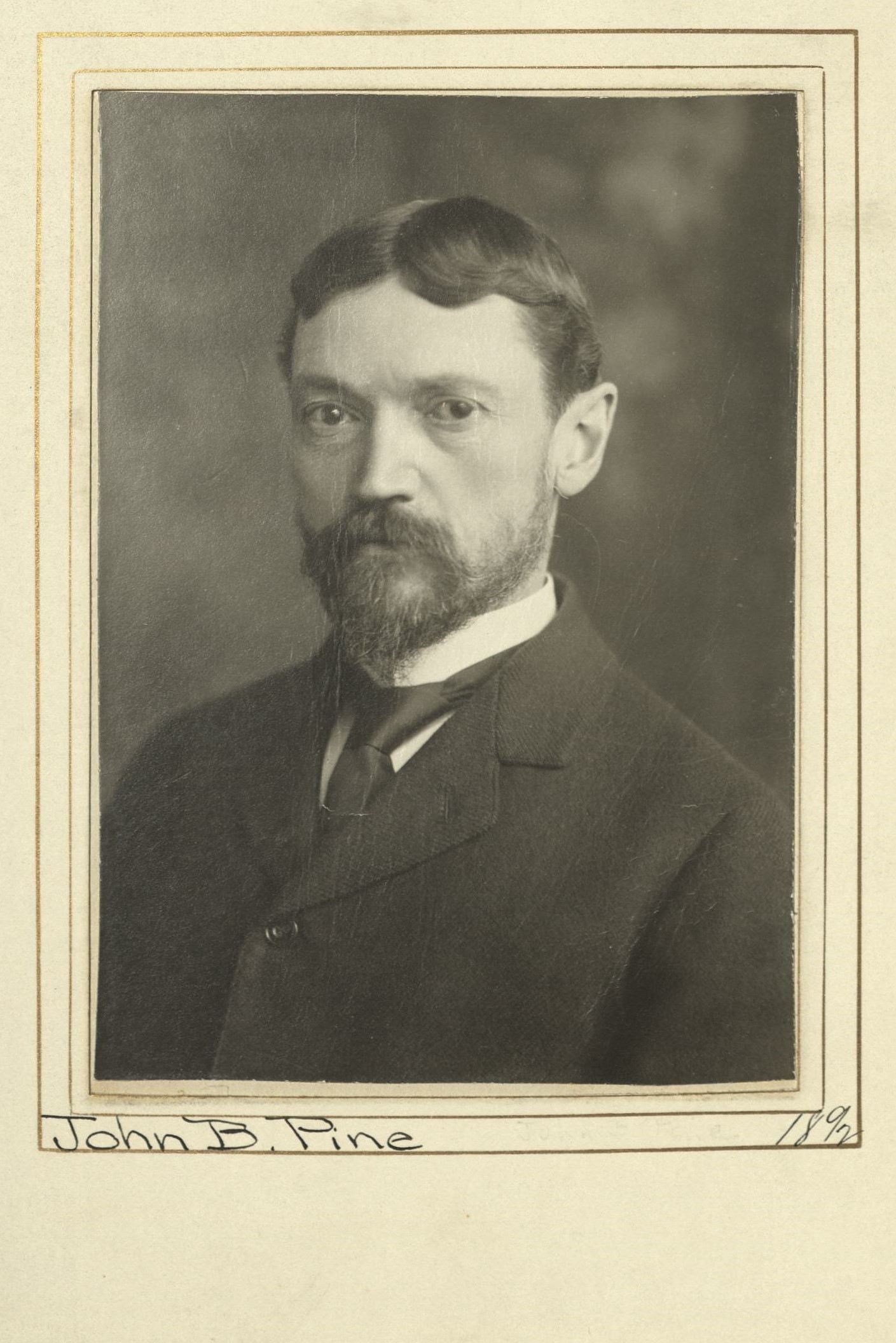 John B. PineLawyerCenturion, 1892–1922
John B. PineLawyerCenturion, 1892–1922 -
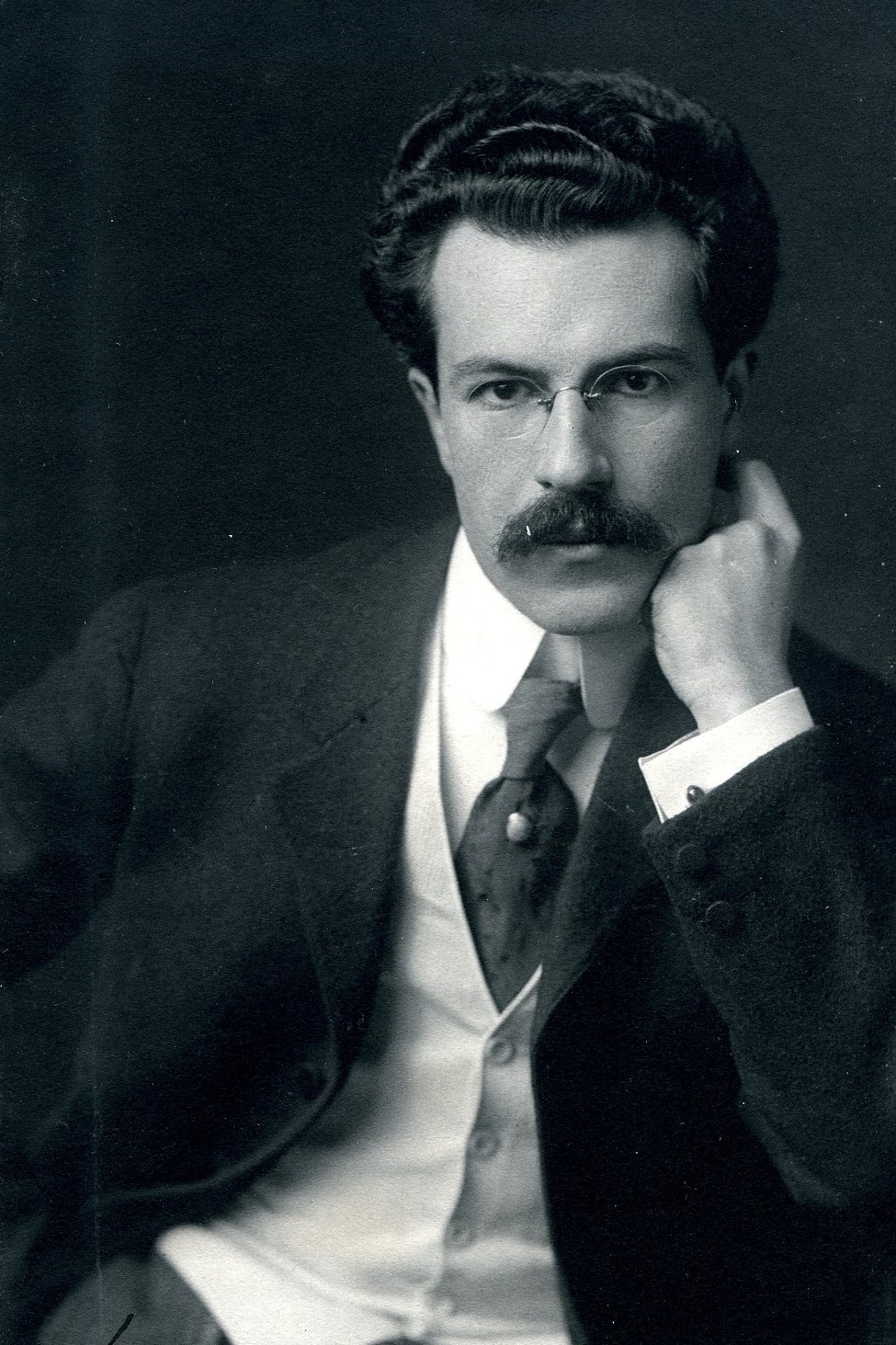 Vladimir G. SimkhovitchProfessorCenturion, 1907–1959
Vladimir G. SimkhovitchProfessorCenturion, 1907–1959






